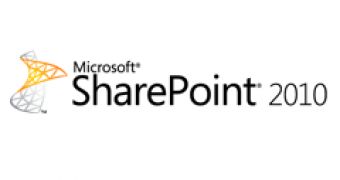Customers running SharePoint Server 2010 and SharePoint Foundation 2010 that want to get insight into the first upgrade from Microsoft for the two products can now download a white paper designed to provide them with details related to Service Pack 1 (SP1).
The Service Pack 1 (SP1) for Microsoft SharePoint Foundation 2010 and Microsoft SharePoint Server 2010 (white paper) is available through the Microsoft Download Center, free of charge.
As the official label of the download implies, the resource is focused on revealing the fixes and improvements that SharePoint Server 2010 SP1 and SharePoint Foundation 2010 SP1 bring to the table.
“SP1 contains stability, performance, and security enhancements that are a direct result of customer feedback. SP1 includes new functionality designed to enhance both the administrative and end-user experience,” Microsoft notes.
“This whitepaper provides insight into several of the new areas of functionality provided in SP1; however, this white paper should not be considered an exhaustive list of new functionality in SP1.”
In addition to the new features and enhancements in SP1 for SharePoint, customers will also get details on the Cumulative Updates that the Service Pack includes.
The software giant is also stressing the fact that the whitepaper provides information for developers to tailor their solutions to this and future releases of SharePoint.
There are a number of SharePoint 2010 enhancements that Microsoft opted to focus on in particular.
For example, the whitepaper deals with the extension of support in terms of the browsers that SharePoint plays nice with.
Speaking of support, SharePoint 2010 SP1 was also adapted to enable customers to leverage the next iteration of Microsoft’s data platform, SQL Server codenamed “Denali,” which will most probably end up as SQL Server 2012.
Additional improvements in SharePoint 2010 SP1 include: shallow copy functionality, site-level recycle bin, improvements to storage management (StorMan.aspx), and cascading filters for Performance Point services.

 14 DAY TRIAL //
14 DAY TRIAL //